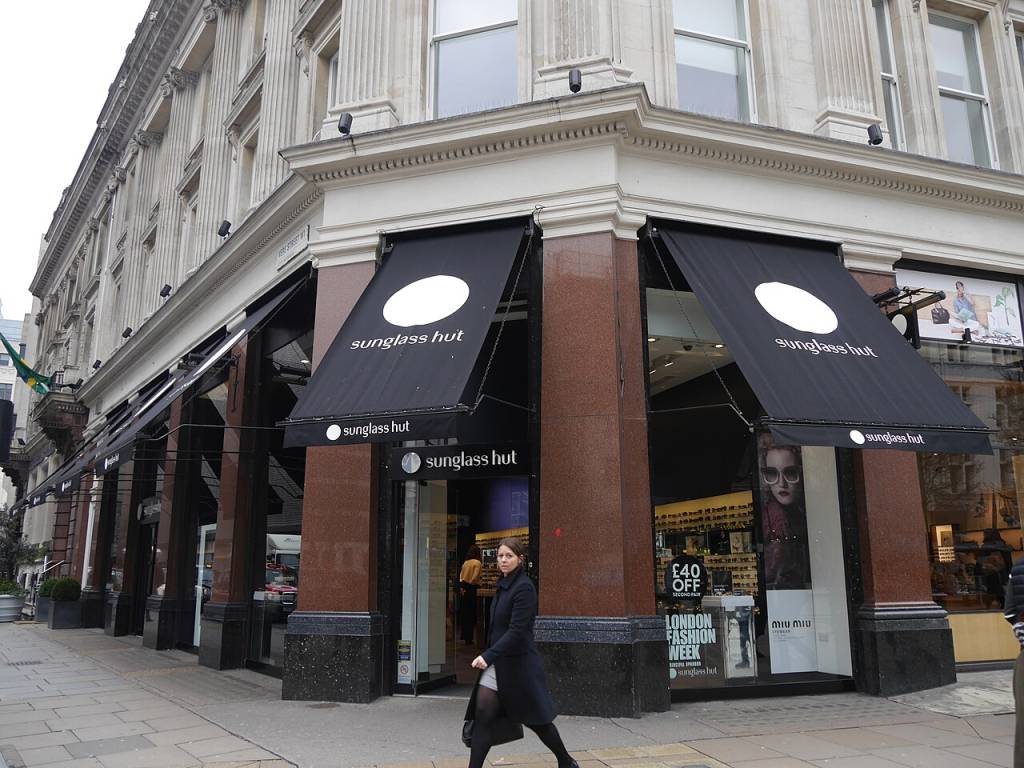I have a wish for you. That is to rise above mediocrity. To do something more amazing than getting your next promotion. To not be a faceless cog in someone else’s machine. To actually grow your personal brand enough that you are known for being awesome, not for keeping your head down or not making waves.
I spent nearly a year and a half working in state government in crisis communication, and met a lot of people there. The stories you’ve heard about government workers being underpaid and overworked is true. But the stories you’ve heard more often about government being a hotbed of mediocrity are also true, maybe more so.
 The system breeds mediocrity. It doesn’t encourage people to excel, to do good work, to go above and beyond the call of duty. Extra effort is not rewarded. Instead, people quickly learn to get along, and do what they’re asked, not what they know is right. I left to pursue a new opportunity so I could quit being a nameless cog. But there are people who were there for years before I showed up, and they’ll be there for years after I left.
The system breeds mediocrity. It doesn’t encourage people to excel, to do good work, to go above and beyond the call of duty. Extra effort is not rewarded. Instead, people quickly learn to get along, and do what they’re asked, not what they know is right. I left to pursue a new opportunity so I could quit being a nameless cog. But there are people who were there for years before I showed up, and they’ll be there for years after I left.
I don’t want that for you. I have a wish that you will create your own identity, find a job that you love, and make a name for yourself, not make a warm spot and an ass-print on an office chair.
Personal branding helps rise above
This is why personal branding is so important. This is why we tell you to do things we tell you, like use LinkedIn and Twitter constantly, to connect with people in the industry you want to work in, and to network with people who can provide you value, and you can provide value to them.
Here are six things you can do right now to launch your personal brand to its next level, and avoid being a faceless cog.
- Read or listen to the following books: Linchpin by Seth Godin; Never Eat Alone by Keith Ferrazzi; Crush It by Gary Vaynerchuk; Love is the Killer App by Tim Sanders; Trust Agents by Chris Brogan. Read them in that order too. If you’ve read them, read them again. Once you’ve read them, start getting other books on social media and networking, whether it’s Dan Schawbel’s or mine or anyone else’s.
- Grow your Twitter followers to the next thousands mark. If you’re at 2,000, grow it to 3,000. If you’re at 7,000, grow it to 8,000. And don’t just grow it with anyone you can find. Connect with solid people who can teach you something. Use ManageFlitter.com to unfollow people who aren’t following you and aren’t contributing anything to your personal branding efforts (i.e. if you’re following a bunch of celebrities, chances are they’re not helping you. Drop ’em). Your goal is to fill your network with a lot of smart people, and with people who want to know how smart you are too.
- Start a blog and commit to writing in it at least twice a week. Put in valuable information that will be of interest to your network. If your Twitter followers and LinkedIn connections are in your industry, write stuff that will be valuable to them. If your followers and connections (or Facebook friends) are in your hobby, write about stuff that will interest them. Become a notable figure in your industry or hobby by writing frequently about that niche. Own it. Promote your blog like hell to your Twitter and LinkedIn network. Show people that you’re doing some amazing stuff in that field.
- Join two LinkedIn Groups that have something to do with your industry, and drop three that are either a waste of time or have nothing to do with your chosen field. I belonged to seven LinkedIn groups, and only three of them were worth following. The other four became filled with spam or people asking inane questions that could only be answered by signing up for their webinar. Focus on those two LinkedIn Groups and spend time answering questions. Become well-known within them. If you’re unemployed and not working in any field, pick a group for the industry you want to work for. Become known to the participants there. Maybe one of them will be your new boss.
- Cut the amount of time you spend per day on Facebook by one-third. If you spend two hours a night on it, cut it by 40 minutes. If you spend an hour on it, cut it by 20 minutes. Use that time to read one of the books I suggested, to write a new blog post, or to engage in a LinkedIn discussion. Facebook is a great way to connect with friends and find people with common interests. But people don’t go there to find jobs or look for candidates. They go there to have fun and relax. So cut out the games — being a Farmville expert won’t get you a new job — and start using that new time to build your brand.
- Join a networking group. A real life networking group. One with real people who stand around, eating crappy hors d’oeuvres or breakfast pastries, and asking each other “so, what do you do?” Even if you’re not the most outgoing type, or you work in a field where the more forward and outgoing people look at another person’s shoes when they talk to them, you need to be out meeting people in your community and your industry. It may be the Chamber of Commerce, it may be a business networking group. But find people who can help you. They will become the influencers in your life. They’re the ones who will have a major impact in the growth of your personal brand. Engage with them, get to know them, and make a couple of them part of your circle of trusted advisors.
Author:
Erik Deckers is the co-owner and VP of Creative Services for Professional Blog Service in Indianapolis. He has been blogging since 1997, has been a published writer for more than 24 years, and a newspaper humor columnist for 17 years. Erik co-authored Branding Yourself: Using Social Media to Invent or Reinvent Yourself (Pearson, 2010) and also helped write Twitter Marketing for Dummies.












